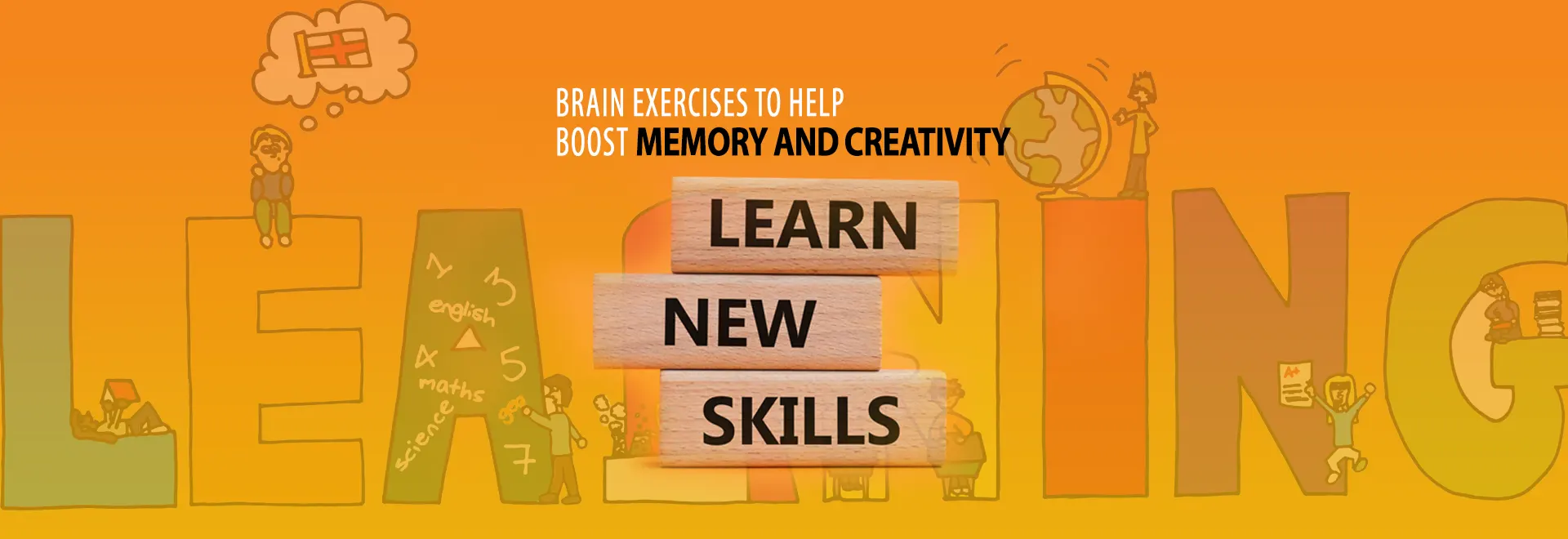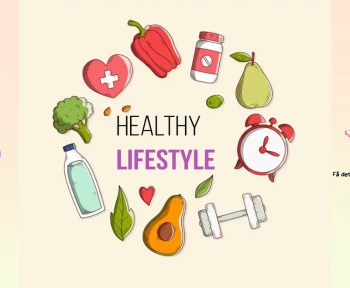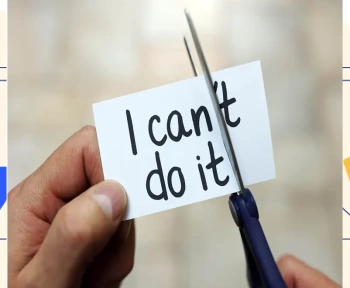Brain Exercises to help boost memory and creativity
1. Learn a New Ability
Learning a new ability or skill involves acquiring knowledge or expertise in a particular area you were previously unfamiliar with. This could range from technical skills, like coding or using a software tool, to personal development skills, such as communication or leadership.
Example:
Learning to cook a new cuisine: Suppose you’re skilled in preparing Italian dishes but have never tried Japanese cooking. You could take a cooking class, watch YouTube tutorials, or follow recipes to learn how to make sushi, ramen, or tempura. Through trial and error, you’ll develop proficiency in these new dishes.
2. Master an Instrument
Mastering a musical instrument requires practice, discipline, and an understanding of music theory. It’s not just about learning how to play notes; it’s about developing techniques, timing, and expression.
Example:
Learning to play the guitar: You might start by learning basic chords and simple songs. As you progress, you could move on to fingerpicking techniques, scales, and music theory to compose your own music. Over time, you would refine your skills through continuous practice and possibly performing in front of others.
3. Learn a New Language
Learning a new language opens doors to different cultures and enhances communication. It involves understanding grammar, vocabulary, pronunciation, and cultural nuances.
Example:
Learning Spanish: You could begin with basic greetings and phrases like “Hola” (Hello) or “Gracias” (Thank you). Over time, with regular practice, you would advance to more complex sentence structures, conversational fluency, and eventually, understanding native speakers and reading literature in the language.
4. Take Up Exercise
Starting a regular exercise routine can significantly improve your physical and mental health. It could range from cardio and strength training to yoga or sports activities.
Example:
Starting a running routine: You might begin with short distances, jogging for 10-15 minutes daily. As your stamina builds, you could increase your distance and speed, eventually working towards goals like completing a 5K race or even a marathon.
5. Take a Look at Nature
Engaging with nature can be a great way to relax, de-stress, and feel more connected to the world around you. Observing wildlife, hiking in forests, or simply spending time in a park can boost creativity and well-being.
Example:
Hiking in the mountains: Imagine spending the day exploring a forest or mountain trail. As you hike, you observe different species of birds, plants, and animals. This mindful observation helps you appreciate the beauty and complexity of nature, and you return feeling refreshed.
6. Engage in Strategy Games
Strategy games challenge your problem-solving and decision-making skills. These games often require critical thinking, planning ahead, and adapting to different scenarios.
Example:
Playing chess: Chess is a classic strategy game where players must think several moves ahead to outmaneuver their opponent. You learn to anticipate potential threats, plan defenses, and create offensive strategies to checkmate your opponent.
7. Work Out Riddles and Puzzles
Solving riddles and puzzles sharpens cognitive abilities like logic, pattern recognition, and problem-solving. They can be fun and mentally stimulating, providing a break from routine tasks.
Example:
Solving a crossword puzzle: Working on a crossword requires a good vocabulary and logical thinking. You look for clues and try to fill in the grid with the correct words. Over time, solving puzzles helps improve your word knowledge and reasoning skills.
8. Give Someone a New Skill
Teaching someone a new skill can be a rewarding experience. It involves patience, clear communication, and the ability to break down complex information into simple, understandable parts.
Example:
Teaching a friend to swim: If you’re an experienced swimmer, you could help a friend learn by teaching basic strokes and floating techniques. Over time, as they practice and gain confidence, they’ll develop proficiency in swimming.
9. Compose a Poetry or Story
Composing poetry or writing stories is a form of creative expression. It allows you to convey emotions, ideas, and narratives in unique and imaginative ways.
Example:
Writing a short story: You might create a fictional world with interesting characters and a compelling plot. As you develop the story, you consider themes, dialogues, and descriptions that engage the reader. Writing also improves language skills and creativity.
By engaging in any of these activities, you not only enhance specific abilities but also stimulate cognitive growth, creativity, and personal development. Each of these tasks requires focus and dedication, but the rewards—whether mental, physical, or emotional—are worth the effort.



